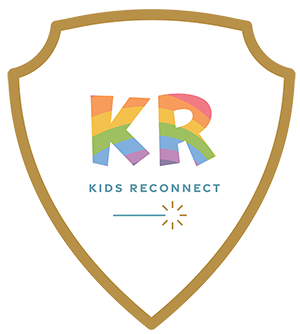
In this blog post, our team’s Certified Play Therapist Natalie Bergman
talks about ice cream and its effects on kids.
Do you remember how it felt to eat ice cream as a child?
I sure do! I can still recall closing my eyes and letting out a big “ahhhhh” as the cool sweetness melted in my mouth. Honestly, I’ve never met a kid who didn’t love ice cream or an adult who can’t remember that feeling. And if you’re one of the rare few who say you don’t, maybe you’re just someone who prefers a different kind of treat
Anyway, while ice cream can be a fun treat for kids, it’s important for parents to understand its impact on both physical and emotional health and what ingredients should be avoided to keep it as a healthier indulgence.
Ice cream is often linked to feelings of happiness and comfort. Research shows that the fats and sugars in ice cream can increase serotonin, the “feel-good” hormone, giving children a boost in mood and reducing stress. It’s why ice cream is often considered a “comfort food” that can momentarily soothe emotions.
Is this a recommendation for parents to say “no” to ice cream?
No — not necessarily, but moderation is key. Consuming too much ice cream regularly can lead to sugar highs and crashes, which may cause mood swings, hyperactivity, and irritability, especially in young children.
What ingredients are in your ice cream?
To make ice cream a healthier option, the Child Development Institute suggests a list of ingredients to limit or avoid in your child’s ice cream:
1. Artificial colouring.
Many ice creams contain artificial dyes like Yellow No. 5 or Red No. 40, which have been linked to hyperactivity, ADHD symptoms, and mood swings in children.
2. Artificial flavours.
Synthetic flavours may enhance the taste but add no nutritional value and may also contribute to unwanted side effects in children with sensitivities.
3. High sugar content.
While ice cream is naturally sweet, many commercial brands add excessive sugar. High sugar intake can lead to energy spikes followed by mood crashes, contributing to behavioural issues and even long-term health risks like obesity.
References
- Child Development Institute. (n.d.). Five foods that negatively affect your child’s mood. Child Development Institute. https://childdevelopmentinfo.com/psychology/adhd-add/five-foods-negatively-affect-childs-mood/
- Psychologs. (n.d.). The psychology behind eating the ice cream. Psychologs Magazine. https://www.psychologs.com/the-psychology-behind-eating-the-ice-cream/
Meet the author








